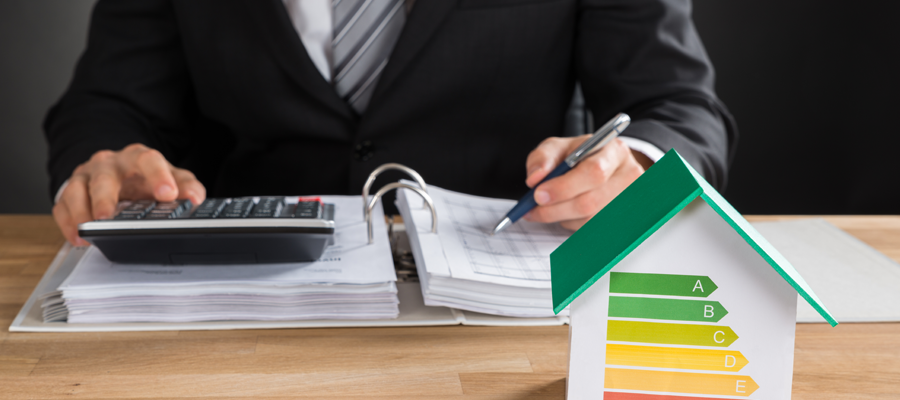
Energy audits have been increasing in popularity among institutional and commercial facilities. They offer a practical means of reducing the energy consumption of buildings that maintenance and engineering managers can apply to existing buildings at a relatively low cost. Before deciding to perform an energy audit, however, managers must address a series of issues that will play major roles in determining the audit's success.
Setting The Scope
An energy audit systematically identifies and develops opportunities to help reduce energy consumption and decrease a building's operating costs. The audits can vary in scope and complexity. The American Society for Heating, Refrigeration and Air-Conditioning Engineering (ASHRAE) has developed three levels of energy audits:
- Level I, which is a walk-through analysis
- Level II, which is an energy survey and analysis
- Level III, which is a detailed analysis of capital-intensive Modifications.
Determining the exact contents of an energy audit is imperative and will depend in part on the amount the organization is willing to invest into energy efficiency, the complexity of the facilities' building systems, and the amount of detail and analysis desired from the audit.



